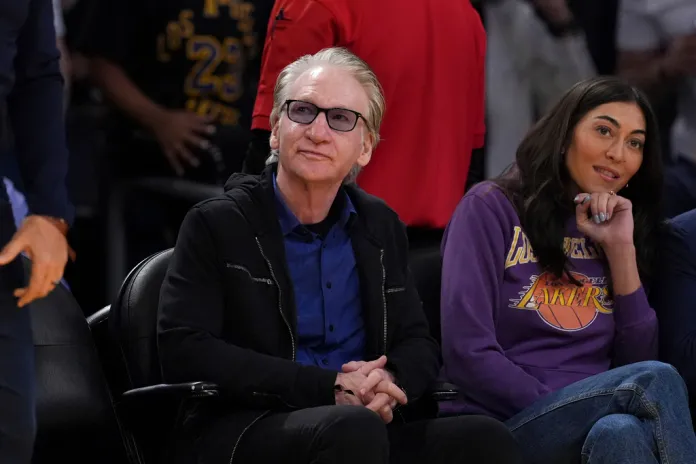Bill Maher, the sharp-tongued comedian and host, quietly stepped away from the grueling world of stand-up tours in late 2024. It wasn’t simply exhaustion with the constant travel, though that played a part. A deeper, more unsettling fear had begun to take root.
He articulated a chilling rationale on his podcast: the current political climate had become so volatile, so deeply fractured, that performing live felt genuinely dangerous. The possibility of becoming a target, of being caught in the crossfire of extreme ideologies, was no longer a distant worry, but a palpable threat.
“I could get shot by the Left or the Right,” Maher stated bluntly. It was a stark admission, a reflection of a nation increasingly defined by animosity and, tragically, violence. He recognized a growing willingness to silence opposition not through debate, but through force.
The decision followed a disturbing pattern of escalating political aggression. Just months before, Charlie Kirk, a prominent conservative voice, was killed during an event, a shocking event that reverberated through the political landscape.
This wasn’t an isolated incident. The preceding years had witnessed attempts on the life of a presidential candidate, a brazen arson attack targeting a governor’s home, and the senseless deaths of elected officials – all fueled by the same corrosive political polarization.
Maher had already begun to grapple with this disturbing trend, publicly lamenting the death of Kirk on his show. He observed a dangerous mindset taking hold: the belief that the only way to win an argument is to eliminate the person making it.
He believes the solution lies in uncomfortable self-reflection, a call for both sides to acknowledge the role their own supporters play in perpetuating the toxic atmosphere. The vitriol often unleashed online, he suggests, is a key contributor to the real-world violence.
The anxieties aren’t new. In 2022, Dave Chappelle was physically attacked onstage during a performance, a jarring reminder that even established comedians weren’t immune to the rising tide of aggression. The attacker cited offense taken at Chappelle’s material as justification for the assault.
Following Kirk’s death, a revealing story emerged. Executives from a media company reportedly offered to pressure a network into issuing an apology for statements made about the assassin. However, Kirk’s widow refused, stating she wanted no insincere gestures, only genuine remorse.
Maher’s quiet retreat from the stage isn’t simply a career choice; it’s a sobering commentary on the state of American discourse. It’s a testament to a climate where expressing an opinion, even a comedic one, can carry a terrifying risk.






